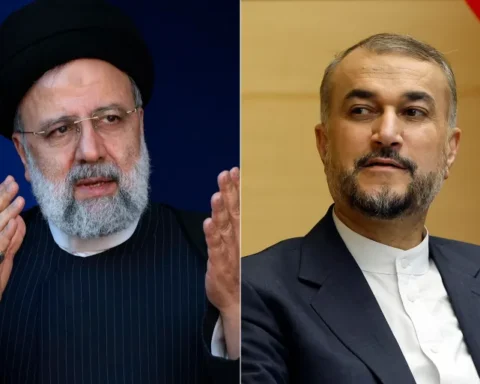The Financial Times: At the COP28 climate summit, countries reached an agreement to transition from fossil fuels to achieve global net zero emissions by 2050. This decision, led by COP28 president Sultan al-Jaber, was hailed as “historic” by the US, EU, and others, but criticized by small island states for lacking their support and having loopholes. The agreement requires nations to set ambitious, economy-wide emissions reduction targets, accounting for different national circumstances, particularly in poorer countries.
The summit, hosted in the United Arab Emirates, faced challenges, especially from oil-rich nations like Saudi Arabia, advocating for a weaker agreement. After intense negotiations, a stronger agreement was finalized, emphasizing the need to phase out oil, gas, and coal.
Key figures like US climate envoy John Kerry and EU and Canadian ministers supported the Dubai deal, acknowledging it as a significant step forward, despite being a compromise. The agreement, known as the UAE Consensus, encourages transitioning from fossil fuels, tripling global renewable energy capacity by 2030, and developing low-emission technologies. However, it lacks detailed plans for financing the shift away from fossil fuels in poorer countries, which has been a point of contention.
The deal also addresses the role of “transitional fuels” and calls for accelerated action within this decade to reach the net zero target by 2050. Despite its groundbreaking nature, the agreement has been criticized for its vague financing terms for poorer nations and the perceived leniency in addressing the urgent needs of vulnerable countries, particularly small island states.
The entire article can be read at the link https://www.ft.com/content/3ffd821c-6200-4808-b16d-ac9cb2207f11











